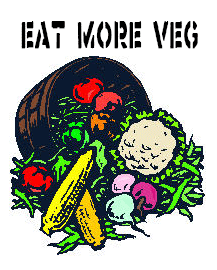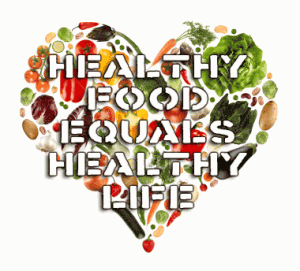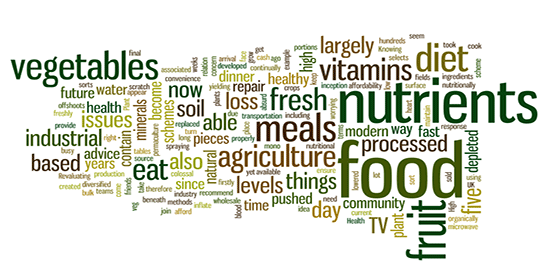Our largely plant based diet largely took a turn for the worst with the arrival of TV dinners, microwave meals, meals that inflate when water is added and fast food takeaways. The concept of the TV dinner and its associated offshoots have come a long way since it inception in the US in 1953 when Swansons developed their TV brand Frozen dinner. Not only have these type of meals diversified being recognition into hundreds of different precooked processed products but they have also largely replaced our fresh plant based diet. Such meals have been pushed and pushed by marketing teams who have sold us the absurd idea that we do not have time to cook a meal with fresh ingredients due to our busy lives.
Health issues
 All sorts of health issues including: High blood pressure, heart disease, diabetes and obesity have been a major concern in relation to these fast convenience processed meals, the more of this sort of food that we eat the more ill we become. As a response to the health issues created by this colossal processed food industry, Governments now recommend that we eat five pieces of fruit and vegetables every day to maintain a healthy diet. On the outset this advice about eating five portions of fruit and veg a day appear to be rooted in solid ground, but if you scratch beneath the surface a little things are not what they seem.
All sorts of health issues including: High blood pressure, heart disease, diabetes and obesity have been a major concern in relation to these fast convenience processed meals, the more of this sort of food that we eat the more ill we become. As a response to the health issues created by this colossal processed food industry, Governments now recommend that we eat five pieces of fruit and vegetables every day to maintain a healthy diet. On the outset this advice about eating five portions of fruit and veg a day appear to be rooted in solid ground, but if you scratch beneath the surface a little things are not what they seem.
Revaluating advice from the past
The current ‘five pieces of fruit and vegetables per day’ recommendation is now over 40 years old, a lot has happened with our food since then. For example modern industrial agriculture selects high yielding crops as opposed to those that contain more vitamins and nutrients, this has lowered the nutritional levels in our diet, similarly heavy industrial agriculture has depleted the natural nutrients in the soil by continually tilling and spraying with agri-chemicals within a mono cropping culture, the depleted nutrients are therefore not available for plants to convert into proteins and minerals, so there is yet more loss in the valuable nutrients that we get from our food. And the final loss of nutrients in our food comes from the transportation and distribution methods of modern food production, it can take weeks for fruit and vegetables to travel from the fields to our plates, during this time there is a loss of vitamins and nutrients.
Plant based diet of the future
 Knowing that our fruit and vegetables do not contain the levels of nutrients that they did 40 years ago is worrying, but there are a few things that we can put in place to ensure that we eat properly and obtain the right level of vitamins and nutrients to keep us healthy, firstly, any food that we are able to grow ourselves organically at home will have high levels of vitamins and minerals. We can also join community supported agriculture schemes that are now popping up all over the UK, the more these CSA schemes proliferate the more accessible freshly grown food will become for all in terms of its affordability. Food cooperatives are also an affordable way of ensuring that a community or group of friends can afford to eat fresh fruit and vegetables as they are able to buy in bulk using their collective cash to secure wholesale fresh produce. In the larger scheme of things we need to repair the damage that industrial agriculture has done to the soil and water tables, permaculture and natural farming are able to both repair the soil and provide us with a source of nutritionally rich food for the low energy future which we face.
Knowing that our fruit and vegetables do not contain the levels of nutrients that they did 40 years ago is worrying, but there are a few things that we can put in place to ensure that we eat properly and obtain the right level of vitamins and nutrients to keep us healthy, firstly, any food that we are able to grow ourselves organically at home will have high levels of vitamins and minerals. We can also join community supported agriculture schemes that are now popping up all over the UK, the more these CSA schemes proliferate the more accessible freshly grown food will become for all in terms of its affordability. Food cooperatives are also an affordable way of ensuring that a community or group of friends can afford to eat fresh fruit and vegetables as they are able to buy in bulk using their collective cash to secure wholesale fresh produce. In the larger scheme of things we need to repair the damage that industrial agriculture has done to the soil and water tables, permaculture and natural farming are able to both repair the soil and provide us with a source of nutritionally rich food for the low energy future which we face.
Steve

